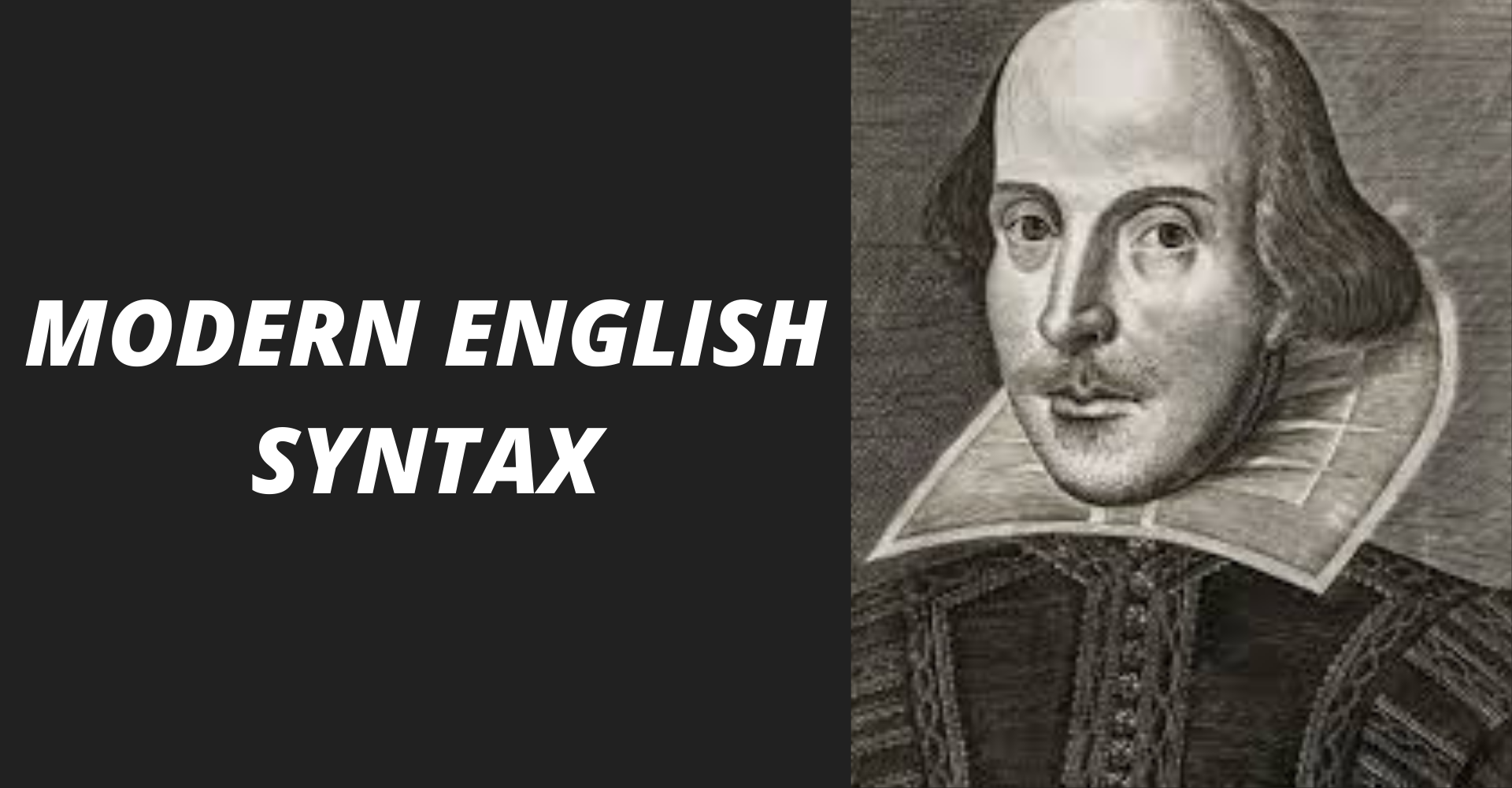The enriched vocabulary of modern English is a great achievement towards the over growing influences of modern English. Although the middle English brought great changes in style as well as in syntax. Yet it could not copeck with the ever growing progress of modern English.
During modern period the language has completely changed from a synthetical two and analytical one. In old English the grammatical relations between the words were indicated by inflectional endings. In modern English the relation is expressed by the position of each word, in the sentence. In place of the free word order of old English, now we have a fixed word order in which the subject is always placed before the predicate and the verb precedes its objects with the help of preposition for example ‘in’, ‘on’, ‘under’, ‘by’, ‘to’, ‘for’, ‘of’ etc.
We are now able to express grammatical relations much better than the could be expressed in old English by means of inflectional endings. It is also possible now to express grammatical relations much better than they could be expressed in old English by means of inflectional endings. It is also possible now to express five shades of meaning with the help of auxiliary verbs. For example ‘have’, ‘do’, ‘to be’, ‘shall’, ‘will’, ‘can’, ‘could’, etc, which were sparingly used in old English. Along with the inflectional endings, English has also discarded grammatical gender before the beginning of the modern era. Now English nouns follow their natural gender being Masculine, Feminine, Neuter, common. According to their meaning, as grammatical gender and the old inflections have been lost modern English no longer insist on the agreement of adjectives, possessive pronouns and articles with their nouns.
Also Read :
- Compare Hamlet with Macbeth, Othello and other Tragedies
- “The Pardoner’s Tale” is the finest tale of Chaucer
- Prologue to Canterbury Tales – (Short Ques & Ans)
Modern English seems to be the most logical in its use of the tenses. Very few languages are capable of expressing the distinction in meaning between the past and the composite perfect, the habitual present and the actual present. The emphatic use of auxiliary verb ‘Do’ as in ‘I do understand your views’, is another very careful device used in Modern English Syntax. The another characteristics feature of Modern English Syntax is that one parts of speech is used for another parts of speech.
Nouns are freely used as adjective in Boy Friend, Bus-stand, Radio news. Another useful development of English Grammar is seen in the use of new imperfect passing in such an expression as the story is being told.
Another remarkable feature of Modern English Syntax is that the present rules in modern English Grammar have completely changed. To indicate pure colorless feature, will or shall is used everywhere. However, in modern grammar for showing colorful feature, going to be is used instead of will. What is more, the simple present also indicates future tense, for example, It is good for man not to touch a woman. The Noun with ‘for’ was originally with the closest connection with the adjective. But, by a natural sifting, this came to be appreciated, as it is a good for a woman not to touch a woman. These rapid grammatical changes are continually growing and MODERN ENGLISH SYNTAX is rapidly changing for the simplification of language.
PLEASE HELP ME TO REACH 1000 SUBSCRIBER ON MY COOKING YT CHANNEL (CLICK HERE)











